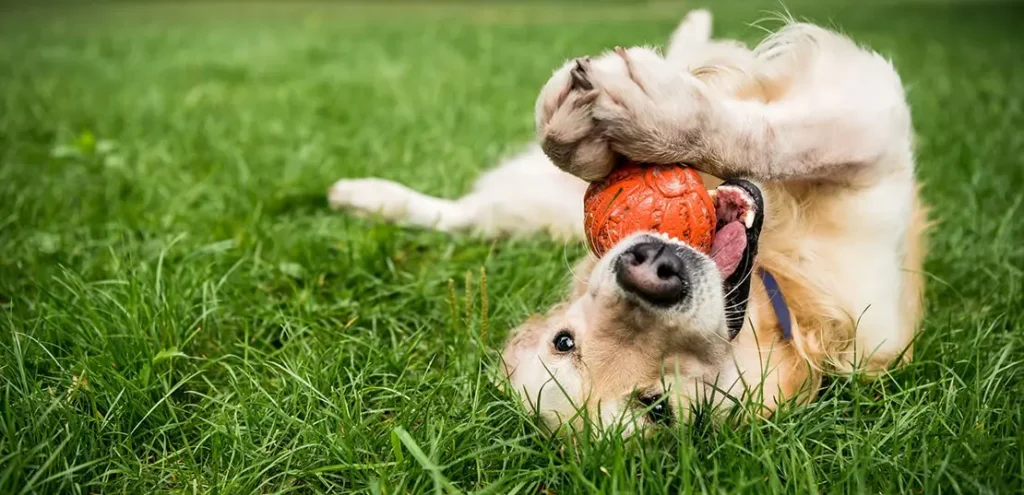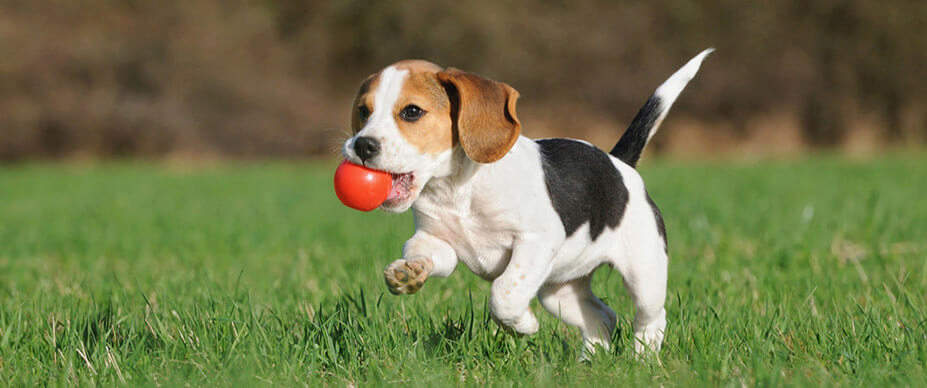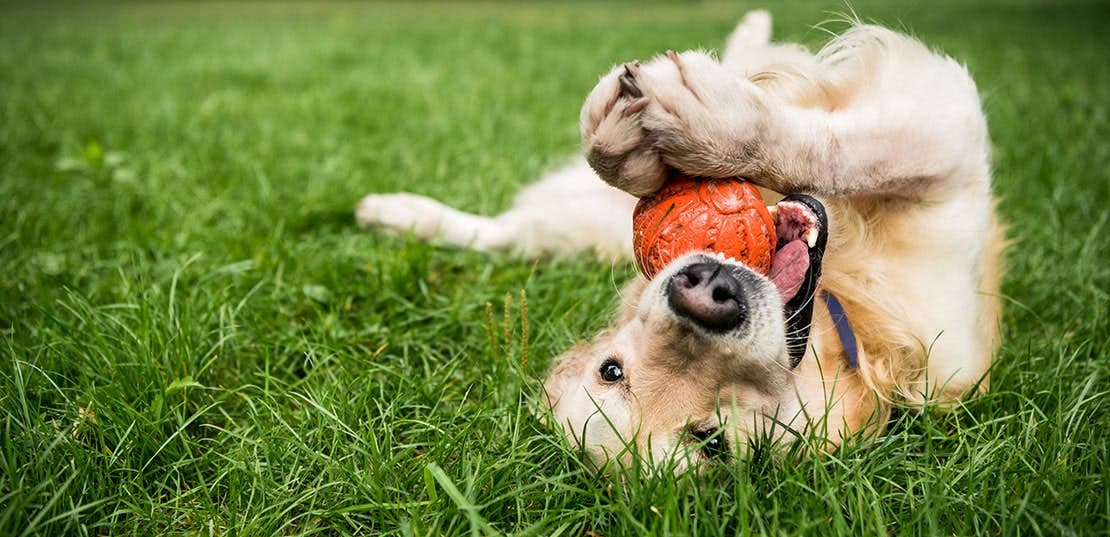Ever wondered why your furry friend gets so excited about playtime? The answer lies deeper than just fun and games. Play is actually a powerful learning tool that shapes your dog’s cognitive development, emotional well-being, and social skills. Scientific research reveals that play serves vital biological functions in dogs, similar to sleeping and dreaming. When your dog engages in play – whether it’s chasing a ball, wrestling with a toy, or playing tug-of-war – they’re actually developing crucial life skills and strengthening their bond with you. From improving memory retention to reducing stress and anxiety, playtime is a fundamental part of your pet’s learning journey. Ready to discover how different types of play can boost your dog’s development and create meaningful training opportunities? Let’s explore the fascinating science behind why dogs play and how you can make the most of these precious playful moments.
Types of Play and Their Learning Benefits
Social Play with Humans and Other Dogs
Social play forms a crucial foundation for your dog’s behavioral development and learning abilities. When dogs engage in social play with their human family members or other canine companions, they develop essential life skills through natural interactions.
During play fights and social engagement, dogs learn bite inhibition, body language interpretation, and proper social etiquette. These playful interactions help them understand boundaries and develop emotional regulation skills that are vital for their overall development.
A game of tug with humans or playful wrestling with other dogs helps strengthen the bonds while teaching impulse control. These interactions create positive associations and help dogs learn when to be gentle and when it’s appropriate to be more energetic.
Independent Play and Problem Solving
When dogs engage in independent play, they develop critical thinking skills and build confidence. This type of play often involves puzzle toys, interactive feeders, or self-directed activities that challenge their minds and keep them mentally stimulated.
Independent play helps dogs learn persistence and problem-solving strategies. Whether they’re figuring out how to get treats from a puzzle toy or learning to entertain themselves with their favorite chew toy, these activities foster cognitive development and self-reliance.
Structured Training Play
Structured training play combines learning with fun, making it an effective tool for teaching new commands and behaviors. This type of play involves specific rules and goals, helping dogs understand boundaries while maintaining their enthusiasm for learning.
Using play as a reward during training sessions can significantly improve your dog’s retention of commands and tricks. When dogs associate learning with enjoyable play sessions, they’re more likely to stay engaged and responsive during training.
Incorporating elements like fetch or a game of tug into training sessions can help reinforce desired behaviors while keeping your dog mentally and physically active. This combination of play and learning creates a positive training environment that promotes faster skill acquisition.
Measuring Play’s Impact on Development
Physical Development Indicators
Regular play sessions significantly impact a dog’s physical health and development. Through active play, you can observe improvements in muscle tone, coordination, and overall fitness levels. Dogs engaged in consistent play activities show enhanced agility, better balance, and increased stamina.
Monitoring your dog’s physical progress during play helps gauge their development. Watch for improvements in:
– Endurance during play sessions
– Speed and agility while running or chasing
– Strength when tugging or carrying toys
– Balance during quick direction changes
– Coordination in complex movements
Behavioral Progress Markers
Play also serves as a window into your dog’s social development and training performance. Regular assessment of behavioral changes can indicate positive welfare outcomes. Look for these key indicators:
– Increased confidence in social situations
– Better impulse control during play
– Enhanced problem-solving abilities
– Improved response to commands
– More appropriate play with other dogs
– Reduced anxiety or stress behaviors
Track these changes over time to understand how play influences your dog’s development. Keep a simple log of play sessions and note improvements in both physical and behavioral aspects. This documentation helps identify areas where your dog excels and those needing more attention.
Remember that progress varies among individual dogs, and consistent, engaging play sessions contribute to overall developmental success. Regular evaluation ensures play activities continue to support your dog’s growth and learning journey.
Looking for professional dog training in Columbus? At Off Leash K9 Training in Columbus, we specialize in transforming dogs into well-mannered, obedient companions—on and off the leash. Our programs are tailored to your dog’s unique personality and training needs. Whether you’re struggling with reactivity, recall, leash pulling, or just want better behavior around the house, we’ve got you covered.
We believe every dog can be trained, and we’ll guide you step-by-step through the process with proven methods that deliver real, lasting results. Call us today at 740-400-0236 to begin your dog’s transformation.



